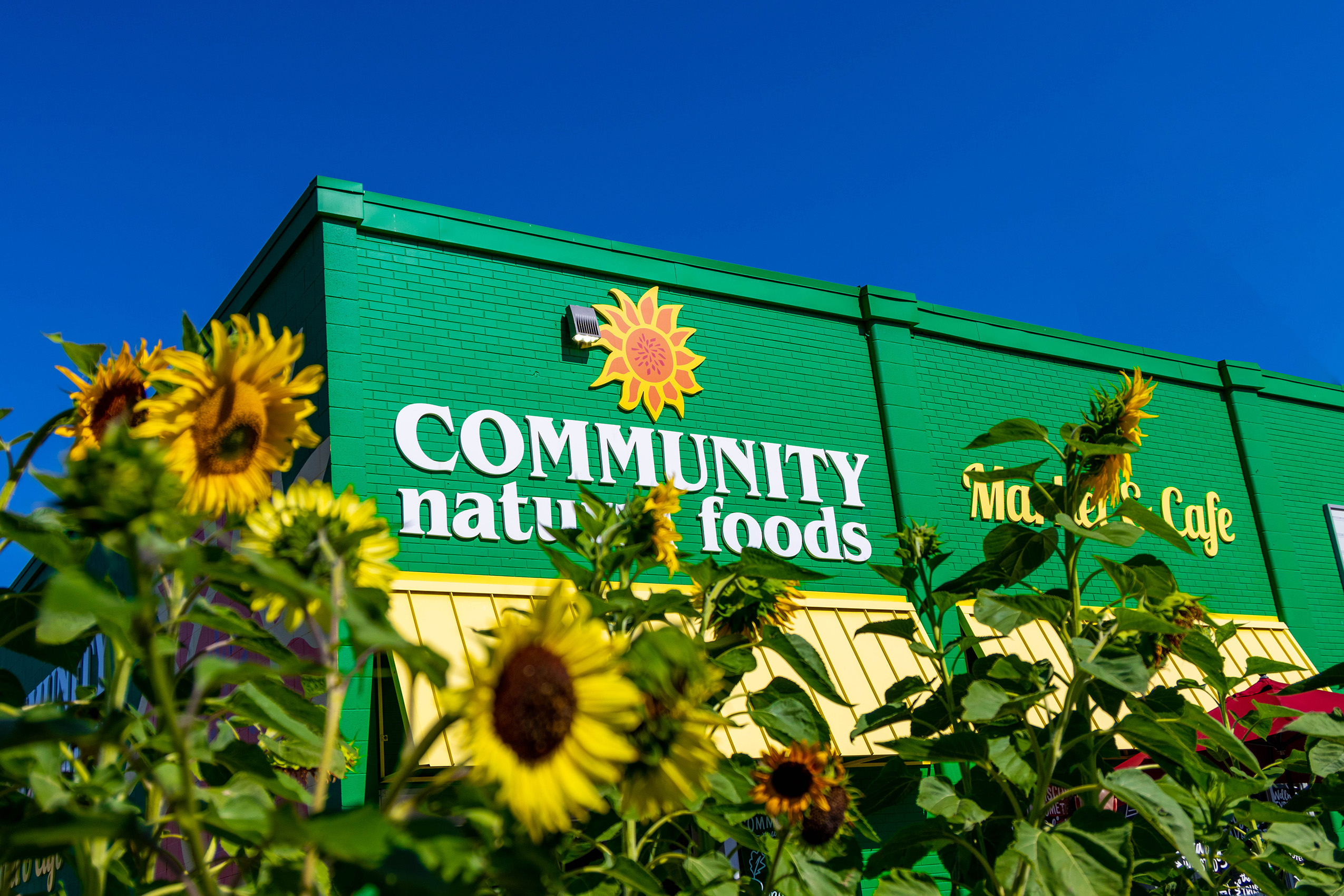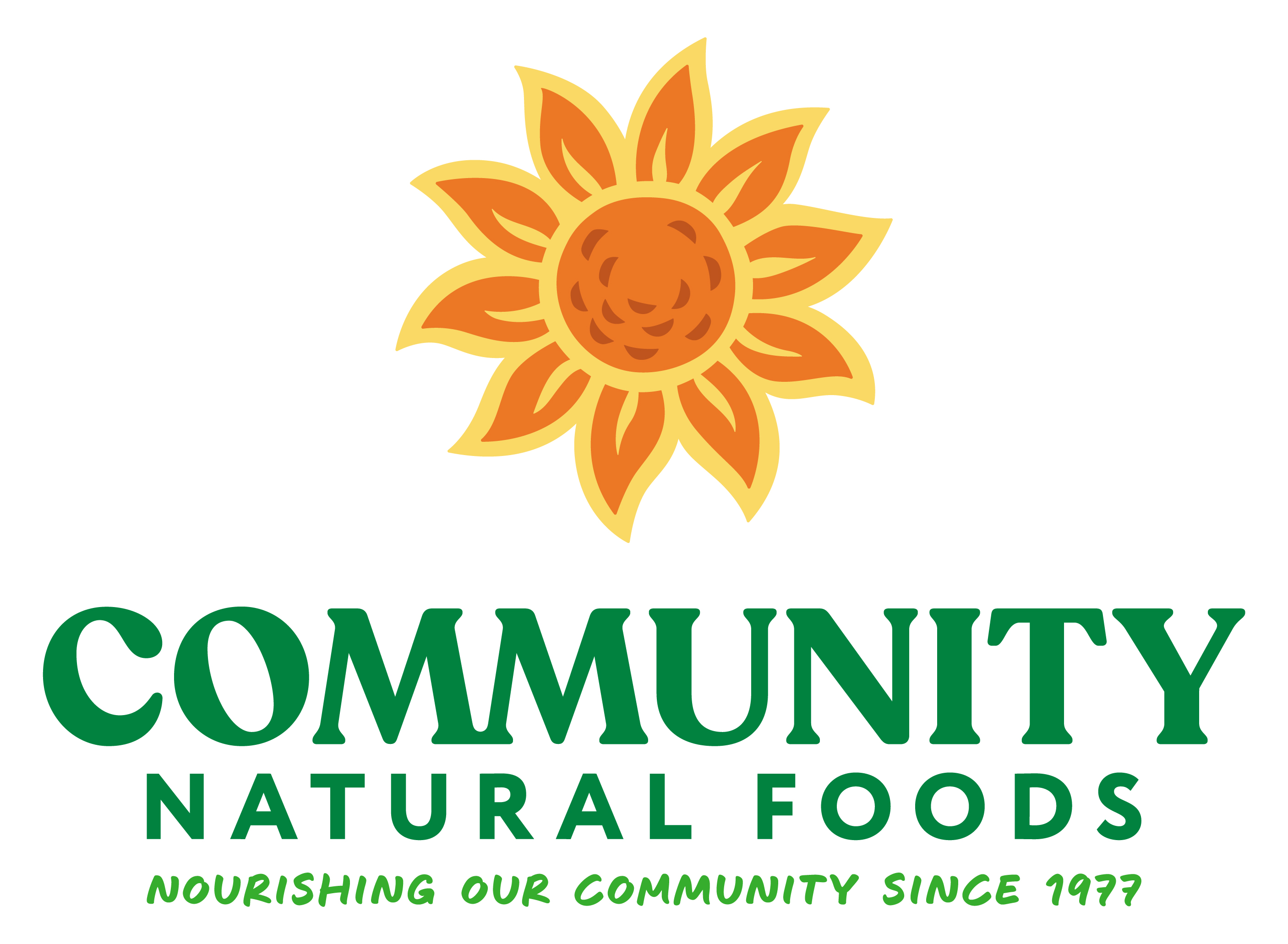

1226309 Alberta Ltd. dba Community Natural Foods

Alberta, Canada
March 2014
Food products
Wholesale/Retail
Canada
At Community Natural Foods we believe in products that care about people, communities and the planet we all share. We carry over 10,000 products and you can expect to find what you are looking for when you shop at a Community Natural Foods, no matter what your dietary or health restrictions may be. From deli to dairy, our shelves are packed with organic, locally-sourced, fruit, vegetables, fish, meat, supplements, body and home care products. We strive to provide the highest standard of products for our customers, supporting the fair trade, local and organic industries – because we want you to have the very best there is to offer! From our knowledgeable and passionate staff, to our free to attend expert talks, you can expect an experience like no other when you shop with Community Natural Foods. We became a B Corp because we believe that doing business right means supporting the communities we operate in, the people that support us, and the planet we all share The Change We Seek Community Natural Foods believes that health goes beyond eating right and exercising, and seeks to educate its customers on how their purchasing habits can have a positive impact on not just their own health, but on the health of local communities and the planet at large.
Overall B Impact Score
Governance 12.4
Governance evaluates a company's overall mission, engagement around its social/environmental impact, ethics, and transparency. This section also evaluates the ability of a company to protect their mission and formally consider stakeholders in decision making through their corporate structure (e.g. benefit corporation) or corporate governing documents.
What is this? A company with an Impact Business Model is intentionally designed to create a specific positive outcome for one of its stakeholders - such as workers, community, environment, or customers.
Workers 18.0
Workers evaluates a company’s contributions to its employees’ financial security, health & safety, wellness, career development, and engagement & satisfaction. In addition, this section recognizes business models designed to benefit workers, such as companies that are at least 40% owned by non-executive employees and those that have workforce development programs to support individuals with barriers to employment.
Community 27.5
Community evaluates a company’s engagement with and impact on the communities in which it operates, hires from, and sources from. Topics include diversity, equity & inclusion, economic impact, civic engagement, charitable giving, and supply chain management. In addition, this section recognizes business models that are designed to address specific community-oriented problems, such as poverty alleviation through fair trade sourcing or distribution via microenterprises, producer cooperative models, locally focused economic development, and formal charitable giving commitments.
What is this? A company with an Impact Business Model is intentionally designed to create a specific positive outcome for one of its stakeholders - such as workers, community, environment, or customers.
Environment 23.5
Environment evaluates a company’s overall environmental management practices as well as its impact on the air, climate, water, land, and biodiversity. This includes the direct impact of a company’s operations and, when applicable its supply chain and distribution channels. This section also recognizes companies with environmentally innovative production processes and those that sell products or services that have a positive environmental impact. Some examples might include products and services that create renewable energy, reduce consumption or waste, conserve land or wildlife, provide less toxic alternatives to the market, or educate people about environmental problems.
What is this? A company with an Impact Business Model is intentionally designed to create a specific positive outcome for one of its stakeholders - such as workers, community, environment, or customers.
Customers 2.4
Customers evaluates a company’s stewardship of its customers through the quality of its products and services, ethical marketing, data privacy and security, and feedback channels. In addition, this section recognizes products or services that are designed to address a particular social problem for or through its customers, such as health or educational products, arts & media products, serving underserved customers/clients, and services that improve the social impact of other businesses or organizations.